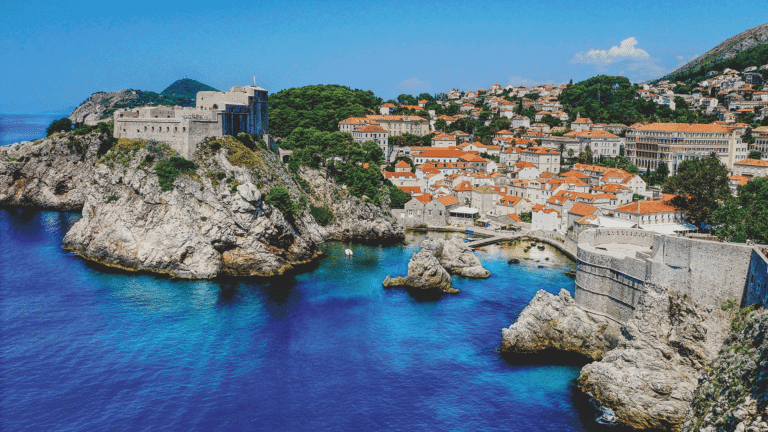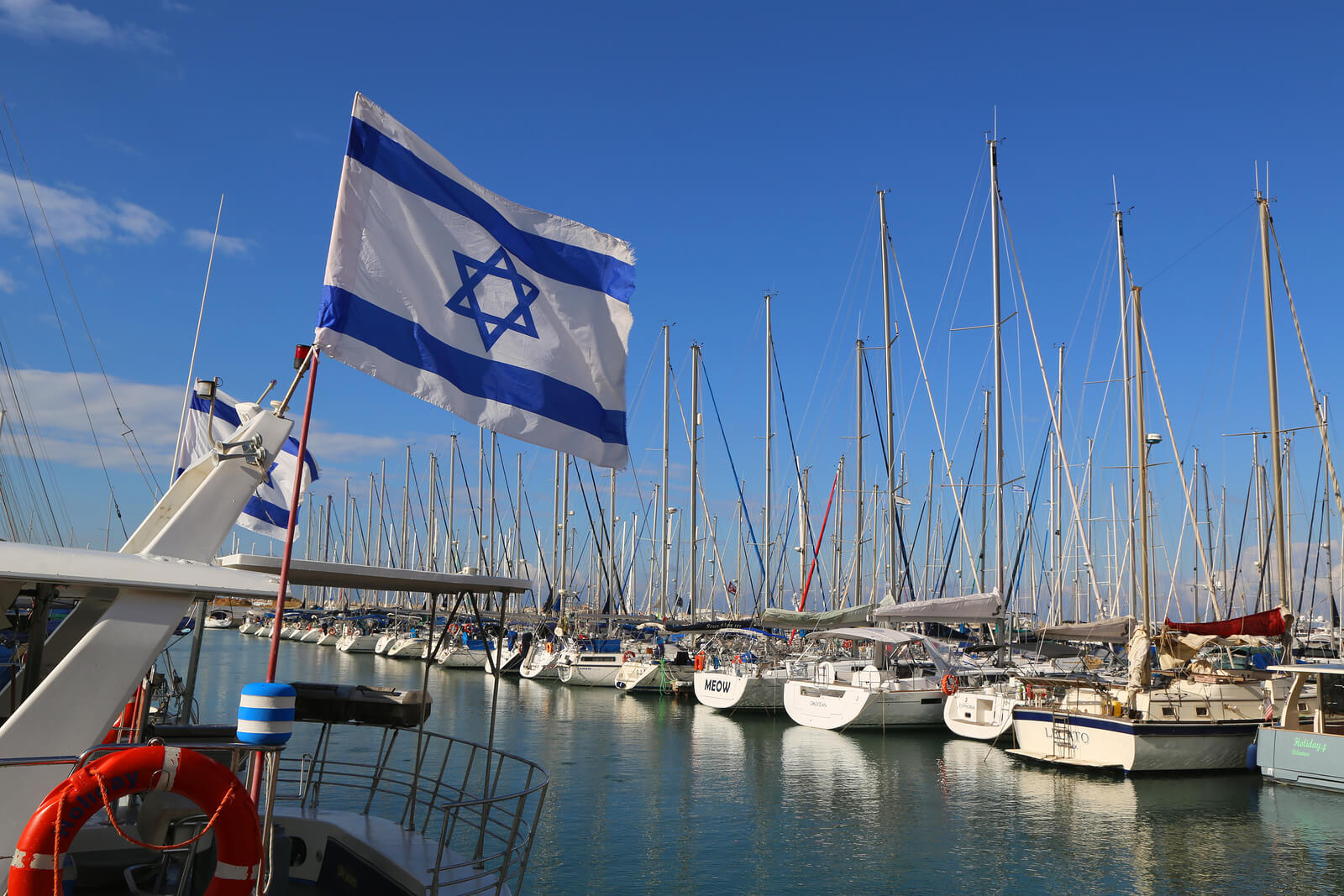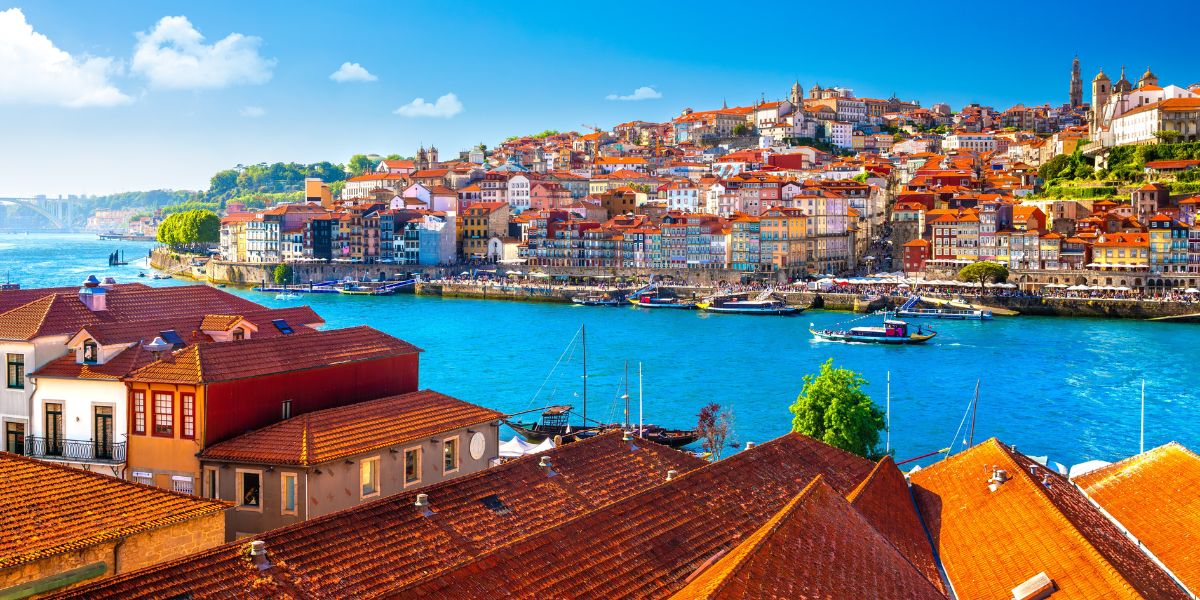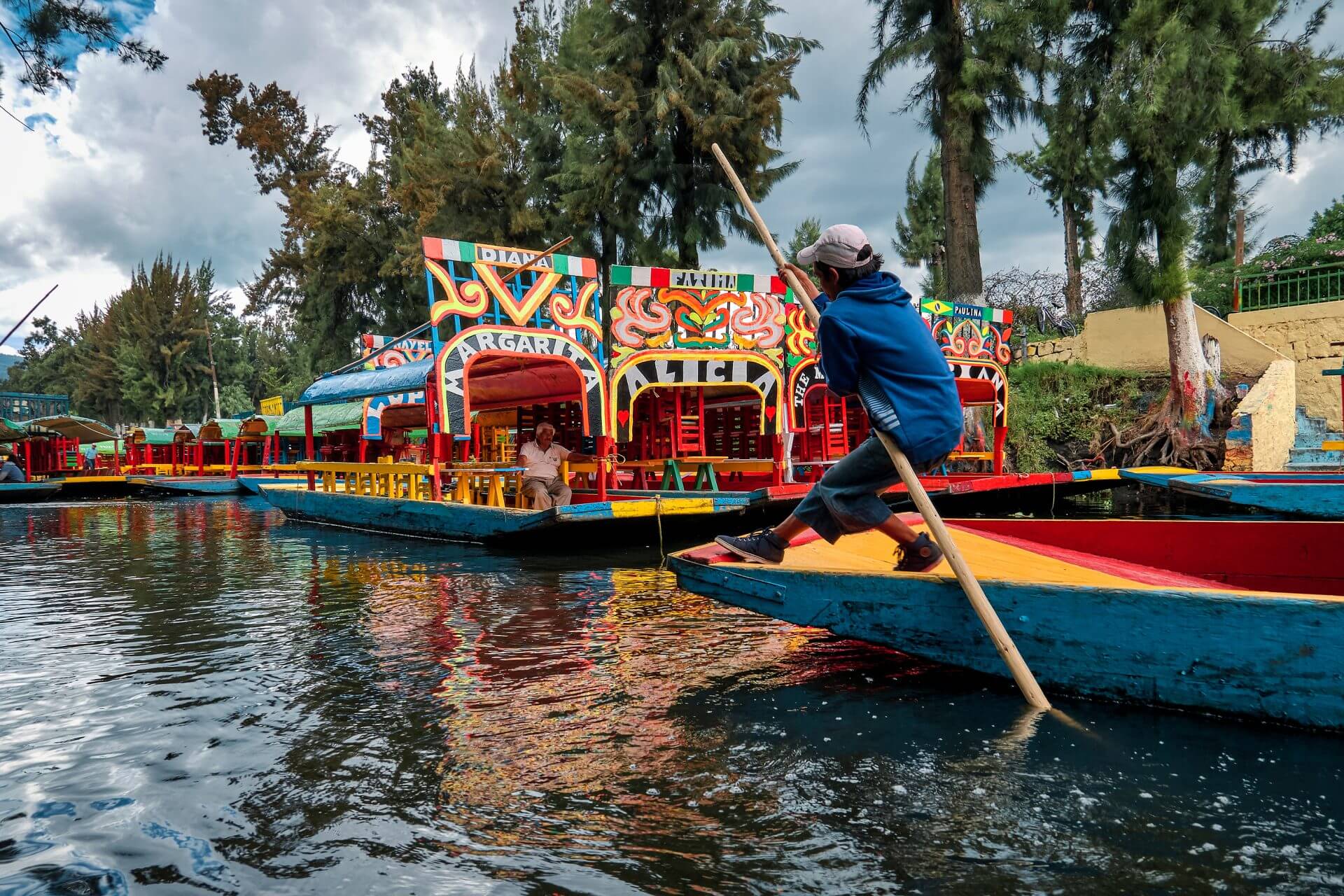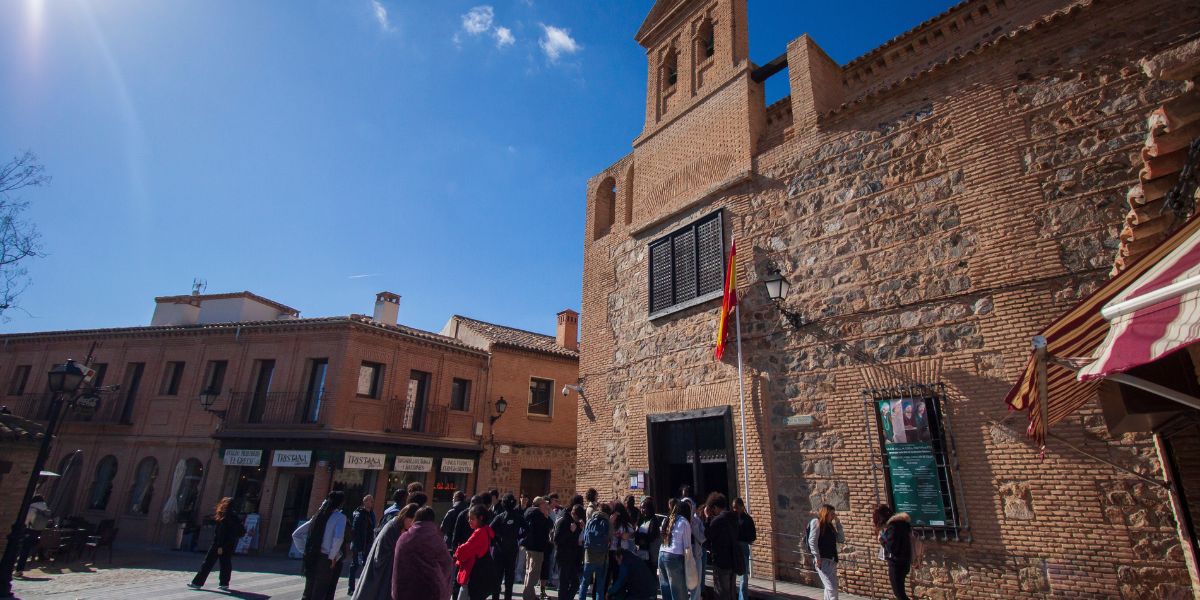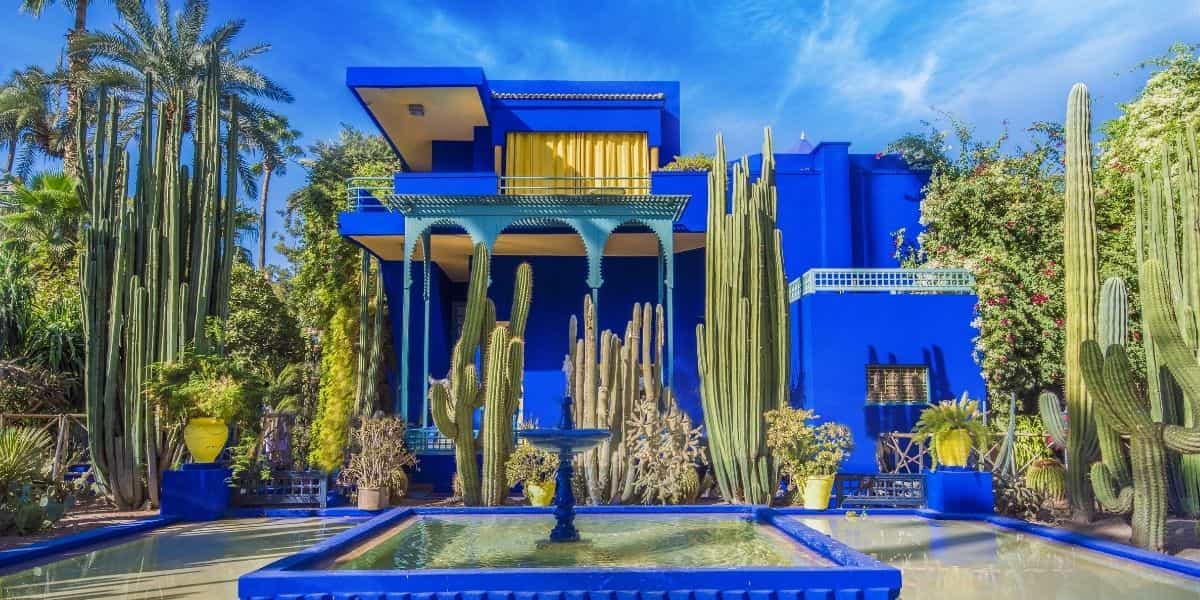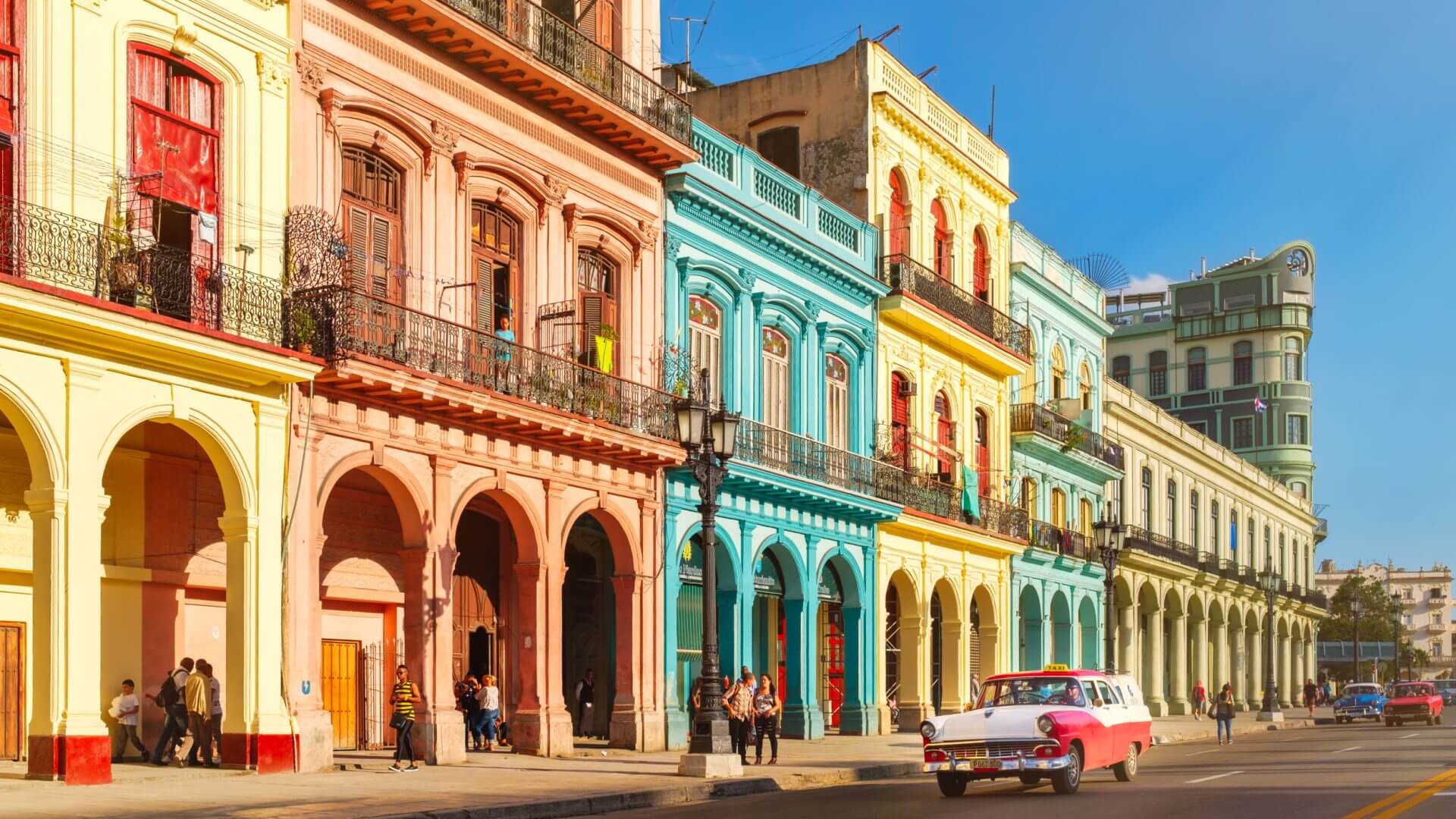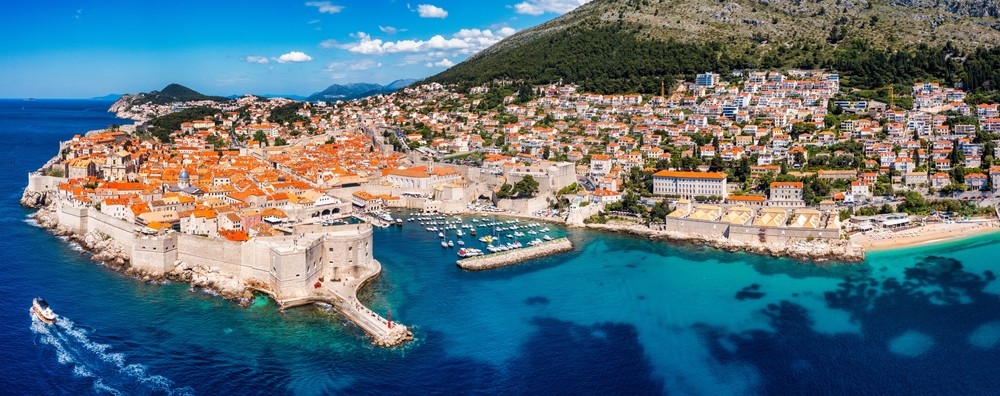Our Jewish India Tour brings travelers the best of Indian culture and local Jewish history in this exquisite travel destination. Having spent thousands of years in India amid no anti-Semitic sentiments from the local populace at all, the Jews of India have shown remarkable adaptation to changing times and continued an unbroken chain of religious and traditional heritage. Dotted around the country are numerous heritage sites, most of them still used by the remaining Indian Jews. In honor of our upcoming Jewish Heritage India Tour, we have compiled some interesting sites in India that will sure to be on our exclusive Jewish India itinerary!
Cochin
In Cochin, where Malabari and Paradesi Jews came to settle is the Paradesi synagogue at Mattancherry’s Jew Town. It is India’s oldest synagogue, built originally in 1568 on land gifted for the purpose by the erstwhile King of Cochin. Razed to the ground by the Portuguese in 1662, it was rebuilt with help from the Dutch, and remains operational to this day.
The synagogue was open to the Paradesi Jews – the descendants of the Sephardim from Spain and Netherlands. Malabari Jews were allowed to worship here, but were not given full membership. The Meshuchrarim, or Brown Jews were freed slaves who were initially discriminated against, but earned the right to worship at the synagogue.
Today the synagogue is a must-visit for tourists in the area, and it is easy to understand why. The brass pulpit and the handmade porcelain floor tiles brought from 18th century China are exquisite, and no two tiles are alike. Several Torahs are preserved on the ark, and each has a crown of solid gold encrusted with precious stones, gifted by the Maharaja of Cochin. It also has three copper plates on which mirror-image writing tells of the promise of perpetuity given to Joseph Rabban, the “Jewish King” of the principality of Cranganore by the erstwhile King of Cochin, in addition to an oriental rug gifted by the last Ethiopian emperor Haile Selassie, Scrolls of the Law and numerous Belgian glass chandeliers, gold coins received as gifts, silk wall hangings and glass lamps.
Upstairs is the women’s balcony with gilt columns and next to it is a gallery where artwork depicting the history of Indian Jews is displayed. The Torah is read from the balcony ever Shabbat and festivals. There is no Rabbi at the synagogue and owing to the dwindling number of Jews, a minyan is often impossible to reach. Service is carried out when the quorum of ten male members is present. In an adopted custom from Hindu and Muslim peoples of the area, visitors to the synagogue are expected to remove their footwear before entering the synagogue.
Mumbai
Mumbai, the erstwhile Bombay, is another Indian city that still has a fair number of Jews, and therefore, a number of synagogues. The Shaar Hashamaim synagogue, also called the Gate of Mercy synagogue serves a congregation of 100 Jews daily, and was built by a Bene Israeli, Samuel Ezekiel in 1798. The synagogue has a lamp that is to be kept burning day and night, and has its own Rabbi – who is also the first and only Rabbi from India. The caretaker takes tourists around the synagogue, while talking about its gleaming wooden benches, shuttered windows and beautiful old-fashioned lamps suspended from the ceiling, all of which are over 150 years old.
The Keneseth Eliyahoo Synagogue (also called Knesset Eliyahu synagogue) might be Mumbai’s most beautiful and it is also the only synagogue in the city that has some stunning stained glass windows. Built in 1885 by (the Baghdadi Jew) Jacob Elias Sassoon, its services were run by Rabbi Gavriel Holtzberg until he was killed in the terrorist attacks on Bombay in 2008. There is a regular minyan on Erec Shabbath and Shabbath and after the morning service, Kiddush and Shulhan is served to all members attending the service. The interior of the synagogue is very charming with old Victorian lamps, Minton tiles and solid teak work, and permission is required from the Chairman and Managing Trustee of Sir Jacob Sassoon & Allied Trusts for visiting the synagogue.
The Magen David synagogue was also built by the Sassoon family, or more precisely, by David Sassoon in 1864, and extended by his grandson, Jacob. It is one of the largest synagogues outside Israel but owing to dwindling numbers of the community, its mikvah is no longer operational. However, classes are still conducted at the synagogue twice a week for Jewish children who want to study the Torah.
Pune
Sometimes called the Red Church (Lal Deval or Lal Deul), this building of worship is actually Ohel David Synagogue, and is the largest in Asia, outside of Israel. The philanthropist, David Sassoon, built this synagogue in 1867. Closed to non-Jewish, the synagogue has a mikvah in its compound, although it is no longer functional. Prayers are conducted on Saturdays and a hazzan from Bombay conducts Shabbath prayers.
Kolkata (Calcutta)
The Magen David Synagogue is one of the two operating synagogues in Kolkata, the other being the Beth El Synagogue. Neither has regular service anymore, because a minyan is difficult to reach in a city that most Baghdadi Jews left to go back to Israel, but both synagogues are beautifully maintained to this day. Both synagogues have checkered floors, Belgian chandeliers and stained glass windows that pass sunlight through to make ornate designs on the floor during the day. The Magen David has several items from Jewish iconography as well as a plaque with the Ten Commandments.

